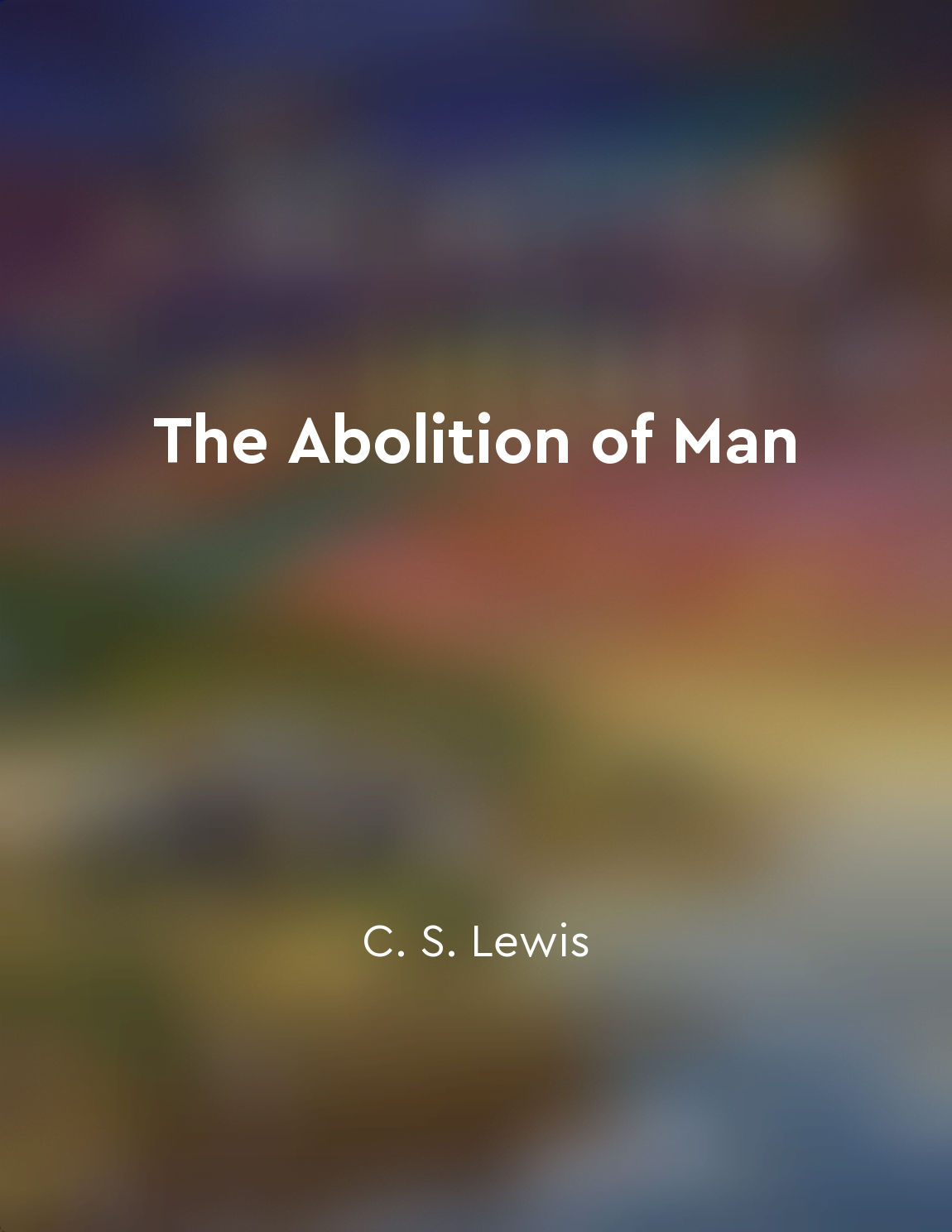Morality is subjective from "summary" of The Quiet American by Graham Greene
In a world filled with chaos and conflicting ideologies, one cannot help but ponder the nature of morality. Is it an absolute truth that guides us, or is it simply a subjective construct that varies from person to person? In "The Quiet American," Greene explores this very concept through the characters of Fowler and Pyle, shedding light on the complexities of human morality. Fowler, a cynical and world-weary journalist, views morality as a fluid concept that is shaped by individual circumstances and experiences. For him, there are no clear-cut rights or wrongs, only shades of grey that blur the lines between good and evil. His moral compass is guided by pragmatism and self-interest, leading him to make decisions that may seem questionable to others. On the other hand, Pyle, the idealistic and naive American aid worker, believes in a more black-and-white view of morality. To him, there are clear distinctions between right and wrong, and he is willing to do whatever it takes to uphold his moral values, even if it means resorting to violence and deception. Pyle's unwavering sense of righteousness ultimately leads to disastrous consequences, highlighting the dangers of moral absolutism. As Fowler and Pyle navigate the complex political landscape of Vietnam, their contrasting views on morality collide, forcing them to confront the harsh realities of their beliefs. Greene masterfully weaves together their conflicting perspectives, illustrating the subjective nature of morality and the devastating impact it can have on individuals and society as a whole. Through the lens of Fowler and Pyle's moral dilemmas, Greene challenges readers to question their own beliefs and biases, prompting them to consider the complexities of right and wrong in a world that is anything but black and white. In the end, "The Quiet American" serves as a poignant reminder that morality is not a fixed principle, but rather a deeply personal and subjective construct that can shape the course of our lives in ways we may never have imagined.Similar Posts

Value of traditional virtues in human life
The traditional virtues are not mere preferences or cultural constructs, but fundamental principles that have stood the test of...

Vann's determination to win blinds him to the war's complexities
Vann's singular focus on achieving victory in Vietnam led him to overlook the intricate nuances and complexities of the war. Hi...
Love can be complicated
Love, like all other aspects of human existence, can be a complex and multifaceted phenomenon. In the midst of war-torn Vietnam...

Ambiguity leads to a deeper understanding of the self
In the exploration of ambiguity, we come face to face with the fundamental question of human existence. It is through the recog...
The journey of faith is neverending
In our journey of faith, we often believe that we have reached a destination, only to discover that there is still more ground ...
Revenge is a dangerous game
Revenge, that most tempting of desires, can lead one down a treacherous path. It is a game played with high stakes, where the c...
